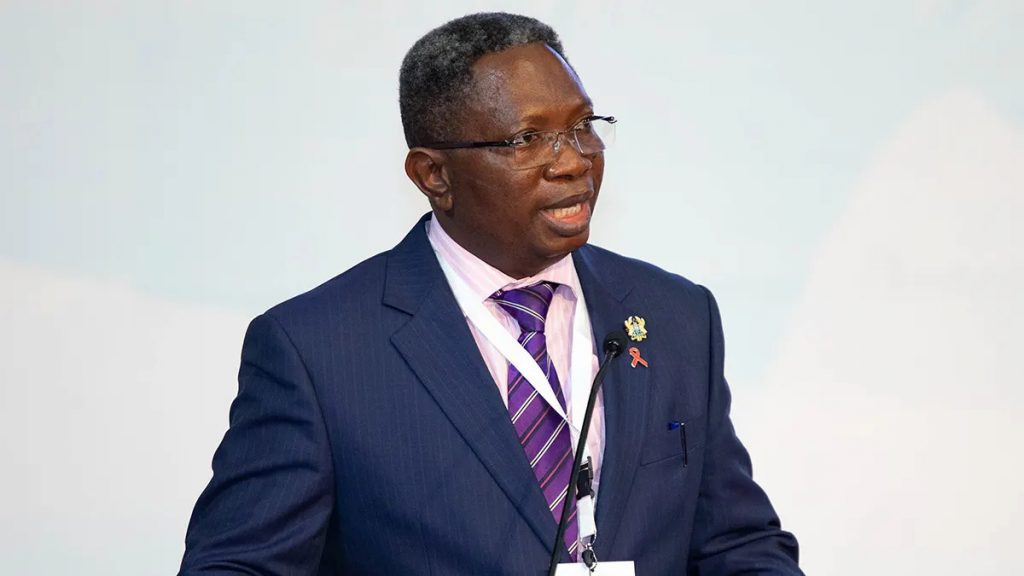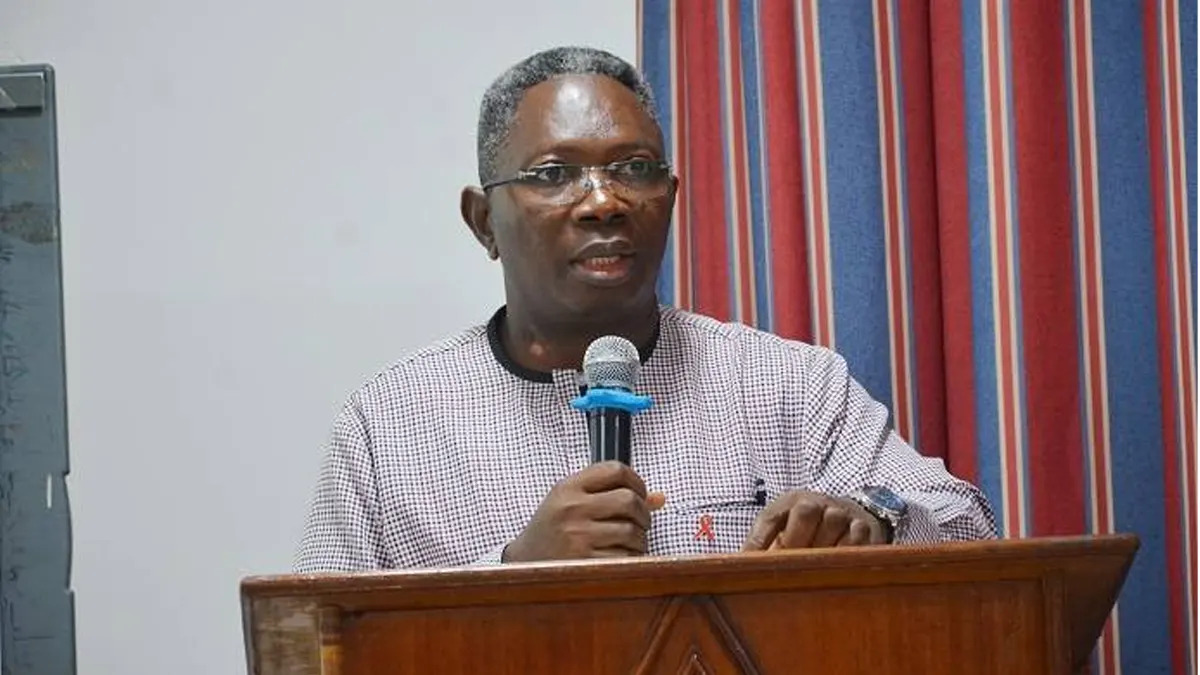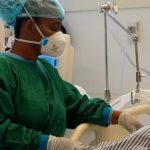Dr. Kyeremeh Atuahene, Director-General of the Ghana AIDS Commission, has stated that the commission is sometimes obliged to ration anti-retroviral drugs for HIV patients due to financial restrictions.
Dr. Atuahene noted in an interview with Eyewitness News that a lack of government support has resulted in HIV patients receiving drugs for two to three months rather than the six months allotted.
He underlined that the commission confronts difficulty in addressing drug demand, which necessitates rationing.
Dr. Atuahene urged people and groups to help bridge the budget shortfall by donating to the AIDS fund.
He emphasized that there is a big budget gap, making it difficult to supply important medication to individuals in need.

“We have a huge funding gap, if we run short of medicine, it’s like people who are on oxygen and the obvious end is death when oxygen is taken off. Currently, there’s no specific budgetary allocation for HIV programmes.
“Once in a while, we get something from National Health Insurance Scheme (NHIS). The funding gap is 66%. We need Ghanaians to support us by dialling USSD *989# to donate to support the AIDS fund”.
In 2022, Ghana had a total of 16,574 new cases of Human Immunodeficiency Virus (HIV) infections.
This compares to a total of 18,036 illnesses recorded in 2021.
This was stated in a press statement released by the Ghana AIDS Commission on Tuesday in Accra.
The 16,574 new HIV infections affect people of all ages.
Infections were recorded for people aged 15 and up 13,706 times; children aged 0 to 14 years 2,180 times; adolescents aged 10 to 19 years 645 times; and young people aged 15 to 24 years 739 times.













